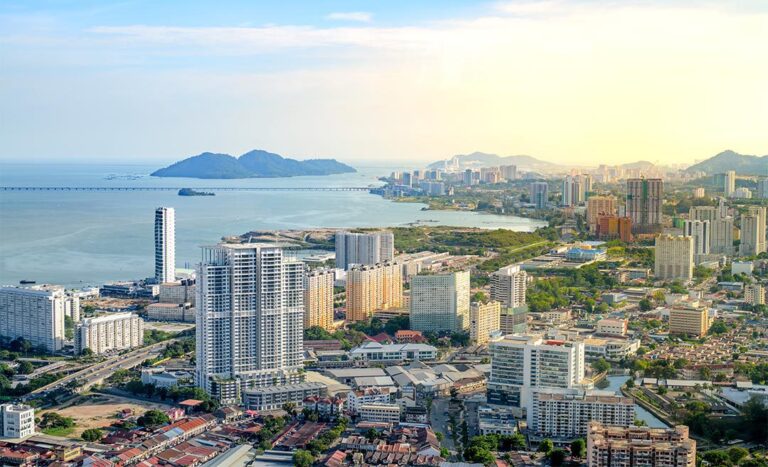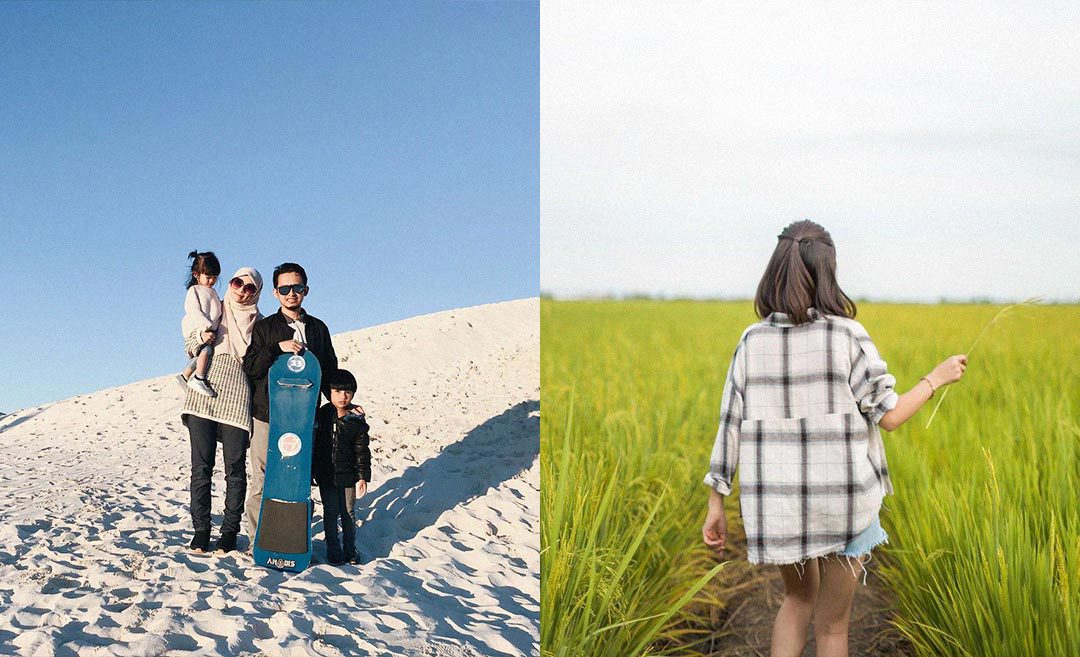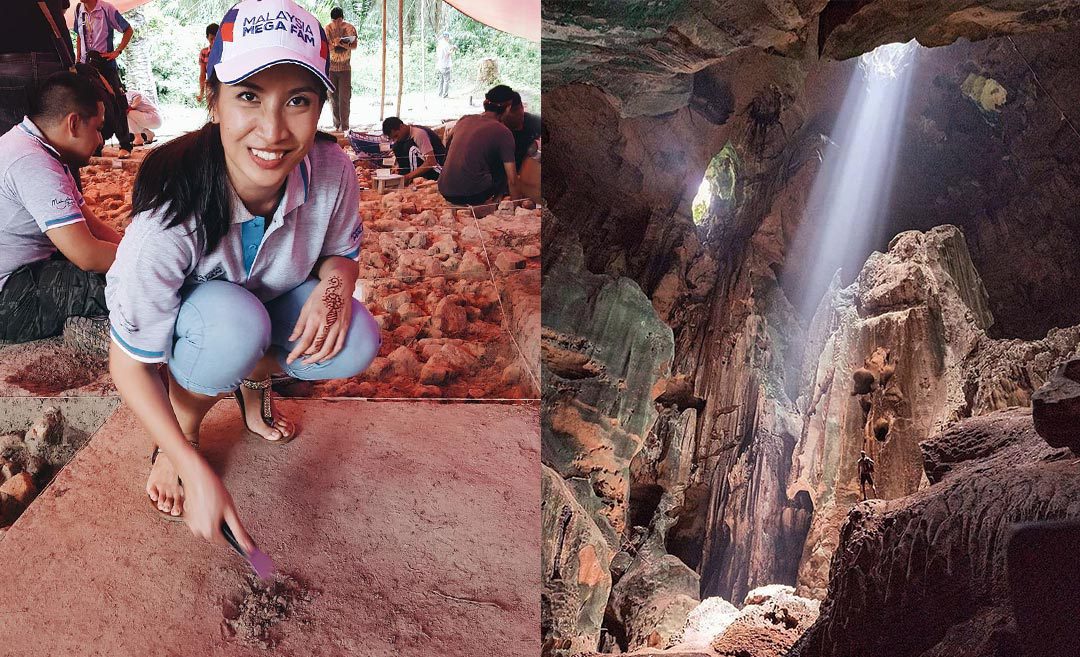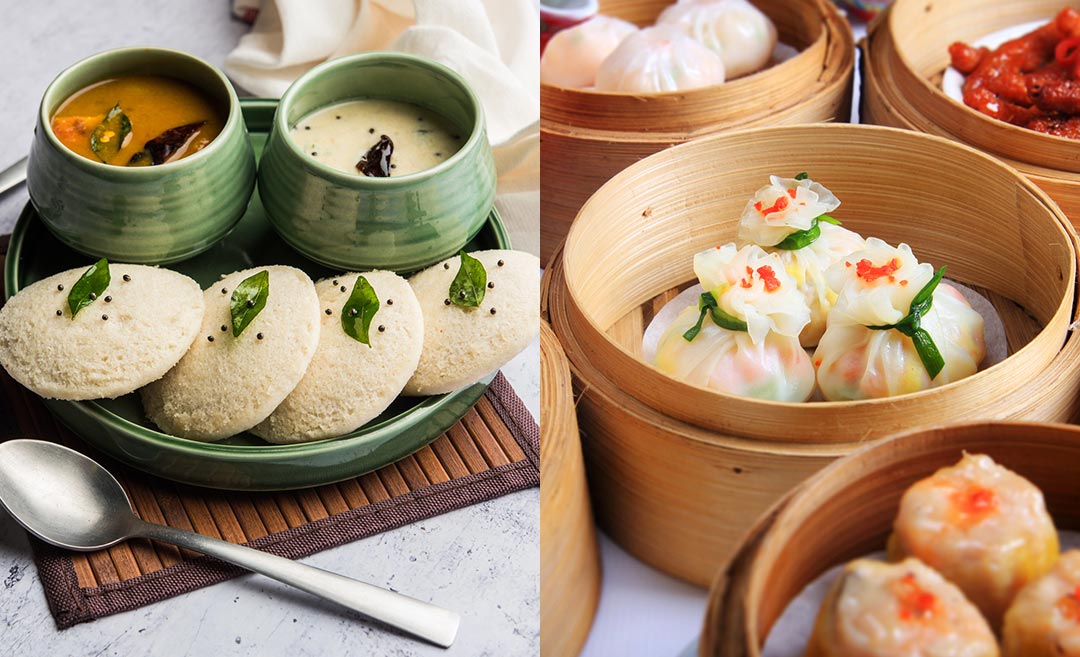Malaysia’s 13 states are a vibrant tapestry of cultures, traditions, and landscapes, each with its own unique character. This diversity is reflected in its people and geography, from ancient rainforests teeming with wildlife to bustling cities filled with local delicacies.
Whether breaking down etymology or delving into history, there’s no shortage of fun facts highlighting the country’s rich heritage.
Perlis is the only state without districts
Perlis, which borders the southern Thai provinces of Satun and Songkhla, is Malaysia’s smallest state. Due to its small size – only 819 square kilometres in total – it doesn’t have districts and is instead divided into communes, known in Malay as mukim.
Kedah has the oldest unbroken royal lineage
Founded in 1136 by Mudzaffar Shah I, a Hindu king who converted to Islam, the Kedah Sultanate is one of the world’s oldest royal houses. The line stretches nearly nine centuries to the current monarch and is believed to be the longest unbroken royal lineage in the world.
Penang is home to Malaysia’s first city
State capital George Town, named after Britain’s King George III, was Malaysia’s first city.
Queen Elizabeth II granted the city a royal charter on 1 January 1957, which also makes George Town the only city declared before independence.
Perak was once Malaysia’s richest state
Due to vast tin deposits, Perak was once the wealthiest state in Malaysia during the mining boom from the late 19th to mid-20th century. The state capital, Ipoh, once known as the “City of Millionaires”, witnessed many Malaysian firsts, including the first vehicle registration centre, first traffic light, first street lamp and first public library.
Selangor may be named after a fly
Selangor is Malaysia’s richest, most developed state, but its name may have more humble origins. A warrior who escaped the Portuguese conquest of Melaka is said to have rested under a tree on his journey north. Disturbed by a langau or blowfly, he got up to explore the area he found to be his liking. Choosing to settle there, he named the place after the persistent insect.
Negeri Sembilan has an elected monarch
Unlike other states with hereditary Malay rulers, Negeri Sembilan’s ruler is elected by a council of ruling chiefs known as Undang. The ruling chiefs are selected from among the nobility in each district following matrilineal inheritance, in line with the state’s Adat Perpatih customary laws, a unique combination of Minangkabau and Orang Asli traditions.
Melaka was Dutch until the 19th century
In 1641, the Netherlands seized control of Melaka from the Portuguese, kicking off 183 years of Dutch rule. However, the Dutch greatly preferred Batavia (present-day Jakarta) and eventually ceded Melaka to the British in exchange for Bencoolen under the terms of the Anglo-Dutch Treaty of 1824.
Johor was the first modern Malay state
In 1895, Johor introduced a written constitution and laws, as well as a state administration, becoming the first modern Malay state. The ruler at the time, Sultan Abu Bakar, an English-educated Anglophile, also codified the baju Melayu national dress in its current form.
Pahang boasts one of the oldest rainforests
The rainforest in Pahang’s immense Taman Negara National Park is estimated to be more than 130 million years old. It is one of the oldest rainforests in the world after Queensland’s Daintree Rainforest and the Borneo Lowland Rainforest.
Terengganu is a haven for Malay crafts
Terengganu’s capital, Kuala Terengganu, is famous for Malay fabrics like batik and songket, not to mention brass and boat-making. In fact, Hugh Clifford, a British colonial administrator travelling up the East Coast in 1897, christened the city the “Birmingham of the Peninsula” for its industry and ingenuity.
Kelantan is home to Malaysia’s oldest mosque
While Melaka is often regarded as the source of modern Malay polity, the oldest mosque in Malaysia is located in Kelantan. Built in 1676, the Kampung Laut Mosque in Tumpat was erected without nails and features a three-tiered Meru roof made with tiles from Pattani as well as ridge caps known as ekor itik (literally, “duck tails”).
Sabah owes its moniker to the weather
Located 7 degrees north of the Equator, Sabah lies below the typhoon belt that frequently ravages neighbouring Philippines. Because of Sabah’s sheltered location, which also protects it from the extremes of the northeast monsoon, the state is known as the “Land Below the Wind”.
Sarawak was ruled by a European dynasty
The British Brooke family, which ruled Sarawak from 1841 to 1946 as the White Rajahs, were Asia’s sole European dynastic monarchy. The first ruler, James Brooke, was granted the province of Kuching as a reward for helping the Brunei Sultanate fight piracy and a native insurgency led by Datuk Patinggi Ali.
Bonus: Kuala Lumpur hosted the Commonwealth Games
Kuala Lumpur isn’t a state but a federal territory, but it’s worth mentioning that the Malaysian capital was the first Asian city to host the Commonwealth Games in 1998. This was the first time in the 68-year history of the sporting event, which gathers athletes from former British colonies, was hosted in Asia. It was also the first time rugby, cricket, hockey, and netball were included.
This story by Yow Hong Chieh was originally published on AirAsia. Zafigo republished this story in full with permission from the publisher, simply because good stories should be read by as many people as possible! If you have stories that will be of interest and useful to women travellers, especially in Asia, please get in touch with us at [email protected].



